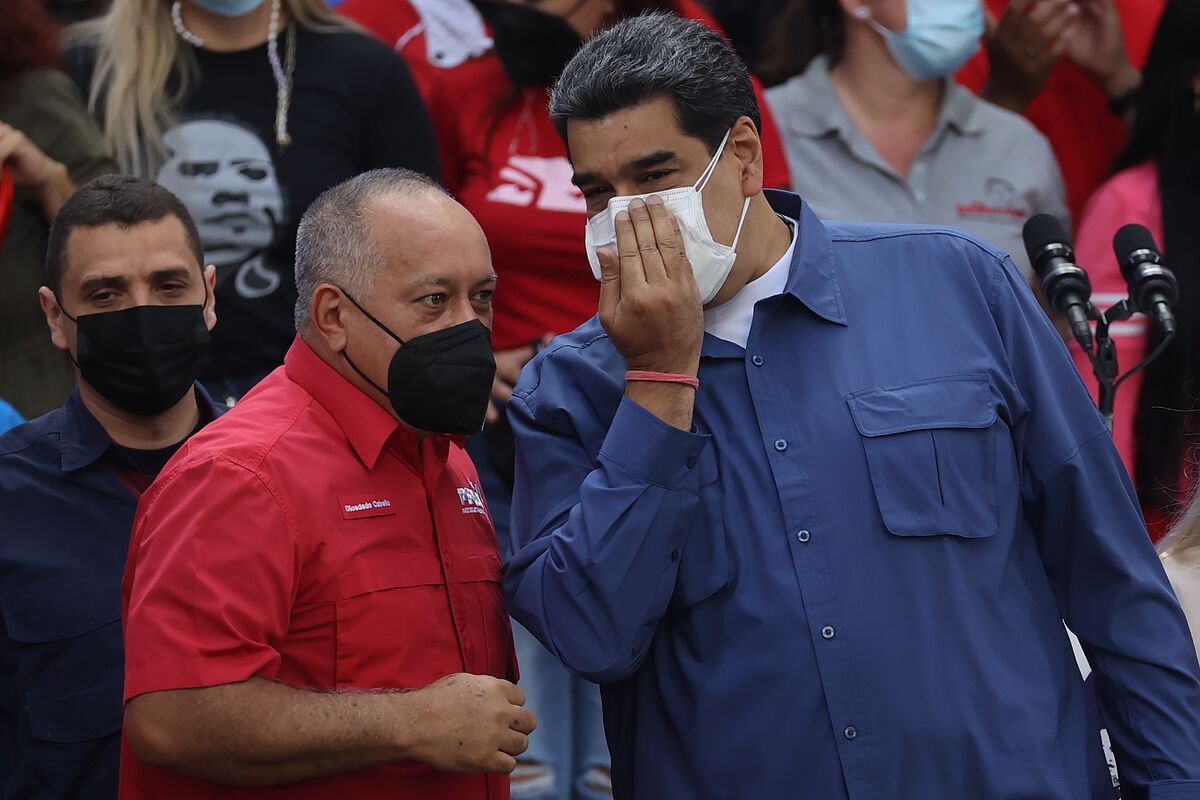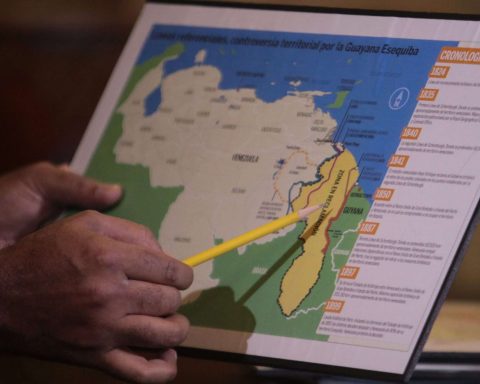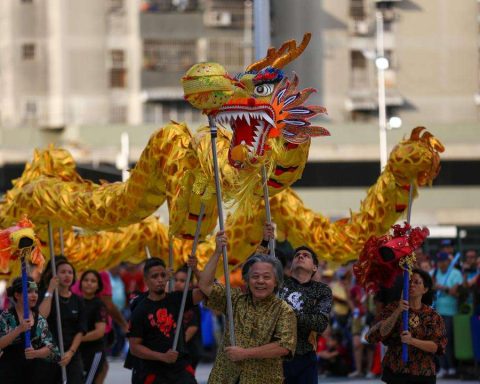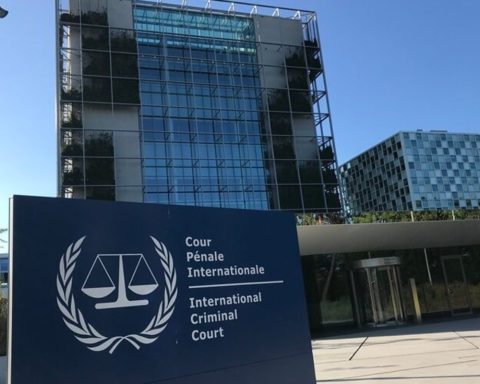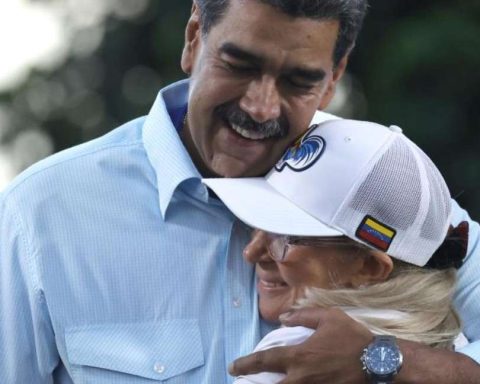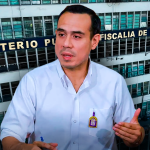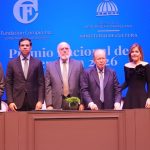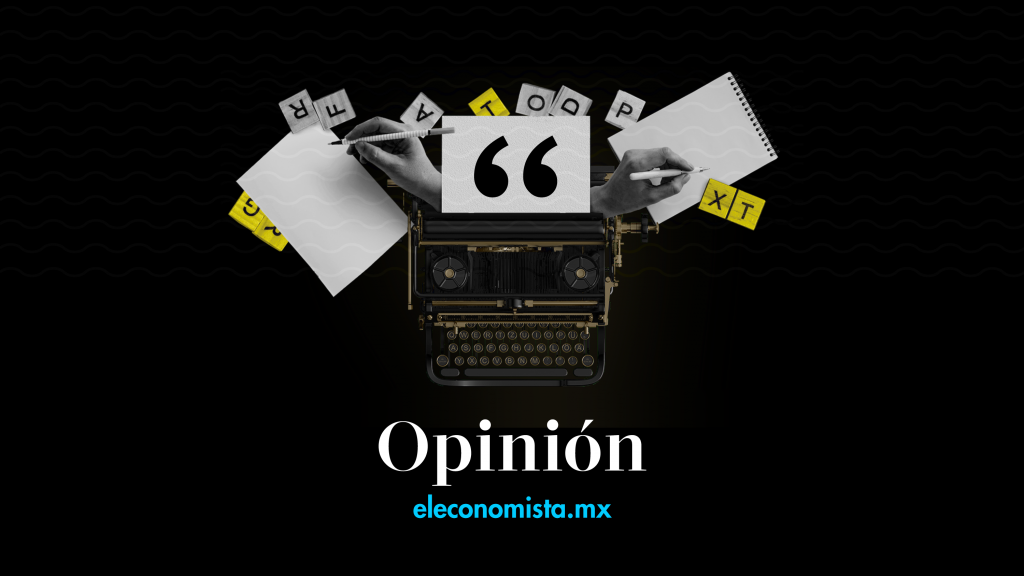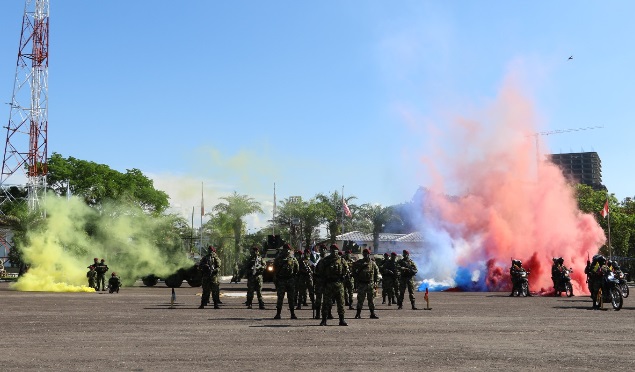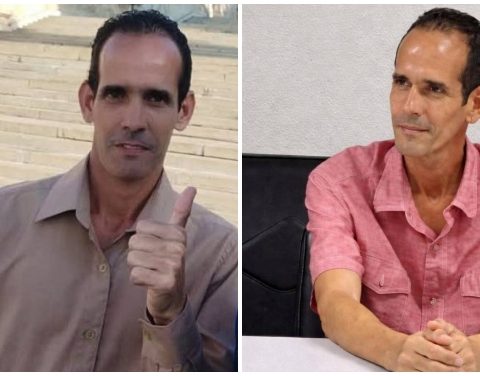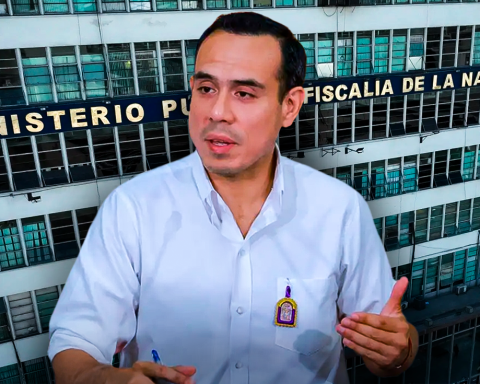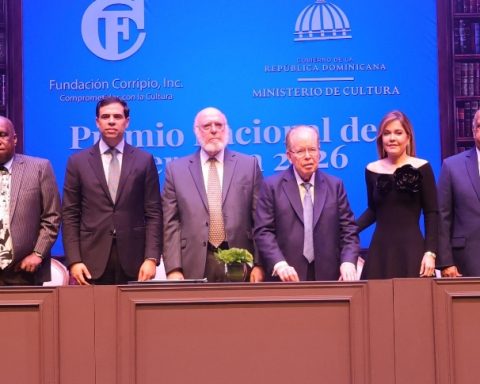Diosdado Cabello launches a campaign to block the traffic of the most followed page of information in the country
“This is not over, they are going to continue attacking us”. Miguel Henrique Otero, editor-president of El Nacional, already warned EL MUNDO a few hours after learning that a Chavista judge had handed over the headquarters of the emblematic newspaper El Nacional to Diosdado Cabello, number two of the revolution.
Also Vice President of the party took advantage of his television pulpit of “With the mallet giving” to respond this week to Otero’s words. “With the value of El Nacional you did not pay me. Now it provokes me to go for the (web) page because you owe me“, threatened Cabello, who said he was not satisfied with the “moral compensation” of 13 million dollars issued by the Supreme Court of Justice of Venezuela (TSJ), Bolivarian hammer against the democratic opposition.
“You are provoking me to go a step further,” boasted the revolutionary leader. Said and done, only possible in revolution with the orders of their hierarchs: the website of El Nacional, the most read in Venezuela with 21 million unique visits per month and the most influential, Since then, it has suffered from the digital bombardment of chavismo.
“We already have a partial lockdown. This is an intermittent blockage, they have already knocked down half of our traffic“, confirmed yesterday to EL MUNDO Jorge Makriniotis, general manager of El Nacional. Even with the change of the DNS (domain name system) access is also impossible, forcing its users to use a VPN (virtual private network) .
According to the newspaper itself, the blockade comes from providers in the country such as Cantv (state telecommunications company) and the private companies Movistar, Digitel and Inter.
The “judicial robbery” and the new digital onslaught of the Bolivarian government make up the penultimate chapter of the expropriation launched by Cabello, who took advantage of a news article published in the newspaper, which in turn included information from the Spanish newspaper ABC, about the investigation being carried out in the US for drug trafficking. “Based on that investigation, the DEA (U.S. Drug Enforcement Agency) set a $10 million bounty for those people who collaborate with the capture of Cabello,” the newspaper recalled.
The attack against one of the most emblematic newspapers in Latin America takes place just days after a new digital onslaught by chavismo against other independent media, such as El Pitazo, Tal Cual and Cocuyo Effect. The communicational hegemony of the revolution mixes the purchase of media, through Bolivian millionaires, with censorship strategies and forced self-censorship on television, radio and television. on-line. Paper is today a cemetery of dinosaurs tamed by the Bolivarian power.
Amnesty International and Foro Penal have investigated for a year the effectiveness of the threats that Cabello makes from her television program. The result is illuminating: almost half of the public stigmatization of chavismo is carried out in “Con el mazo dar” and of them, 77% become forced arrests, one of the crimes against humanity investigated by the Prosecutor of the International Criminal Court (ICC).
According to the criteria of
